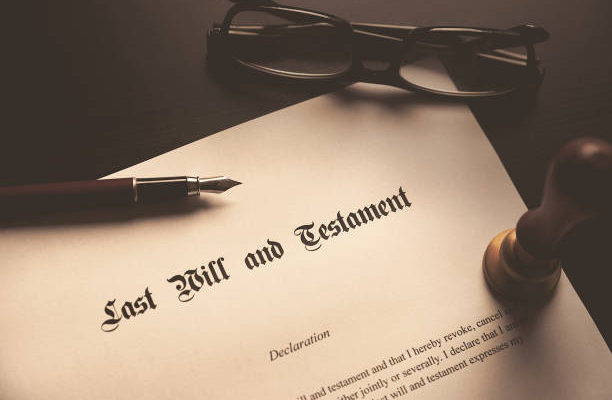The answer is -YES! Most young adults do not think about their future with respect to estate planning. Why should they since they believe they are invincible or even immortal. Unfortunately, that is not a true assessment in terms of reality. In the real world, you cannot predict what may happen in your life. There could be a serious illness, disability or death. Estate planning for young adults tends to make sense and should be done sooner than later.
It is sad but true that unforeseeable events, accidents and/or tragedies do happen to young adults and are becoming more common today. When a young person is under 18, it is routinely their parents who make all their medical and financial decisions. This situation changes once an individual reaches 18 years of age. A parent’s right to make these decisions is no longer available. In addition, many major events will take place during this time-period, such as going to college, studying abroad, interning, opening a bank account, traveling, getting a job, purchasing a house, getting married, getting a pet, starting a business and having their own children, etc.
There are certain privacy laws that are in place to protect the public. These laws pose a major disadvantage to anyone who is unprepared and does not have an estate plan in place. Specifically, if you were to become incapacitated and over 18, it would be difficult for your parents to make decisions regarding your medical care and financial matters, unless, you have the proper legal documents in place. At times, hospitals, medical providers or other facilities will not speak with your family members if they do not have the legal documents authorizing them to act on your behalf or are permitted the release of this private information. For instance, if a young adult becomes incapacitated and ends up needing medical care, their parents may not legally be allowed to make decisions or even find out information about their adult child’s condition. The only person who could do that is a spouse or a designated agent holding a healthcare power of attorney. The person in this role is authorized to make important treatment decisions for you and access necessary information and records when you, the young adult, cannot do it for yourself
To prevent your family from going through difficult times during your already stressful period, you should consult with an Estate Planning attorney shortly after becoming a legal adult and prior to the foregoing circumstances occurring. A few of the necessary forms or documents to consider, include, but are not limited to: Durable Power of Attorney for financial matters and property management, Healthcare Surrogate(a durable medical power of attorney), Living Will(an Advance directive), HIPAA medical authorization and Last Will & Testament. Without these documents, parents or family members or important significant others who may not be official or legal family members will probably have to go to court and ask for permission to obtain information about the young adult’s medical condition, be able to make decisions about treatment and have access to their financial records and accounts to make important decisions concerning those matters as well.
The appropriate legal documents, prepared by an Estate Planning attorney, allow you, the young adult, to name another person to make medical and financial decisions for you if you are unable to make them for yourself. The individual(s) you select should be someone you know and trust, and a frank discussion should take place, so they know and understand your wishes. These documents are not expensive and private and avoid expensive public court intervention. Accordingly, all young people over the age of 18 should have them. Parents should discuss these matters with their children as well, both for themselves and for their children nearing adulthood and consider speaking with an Estate Planning attorney.











